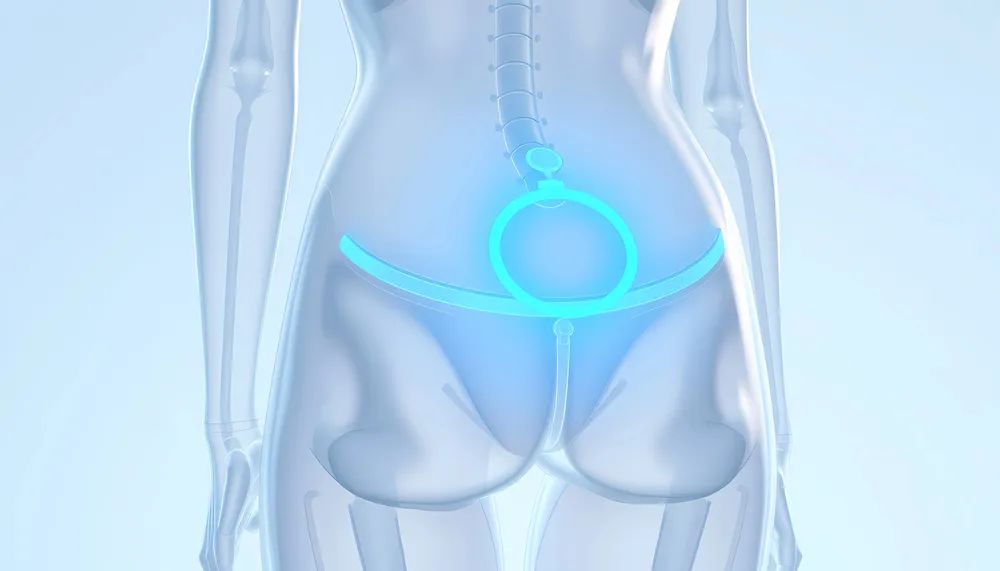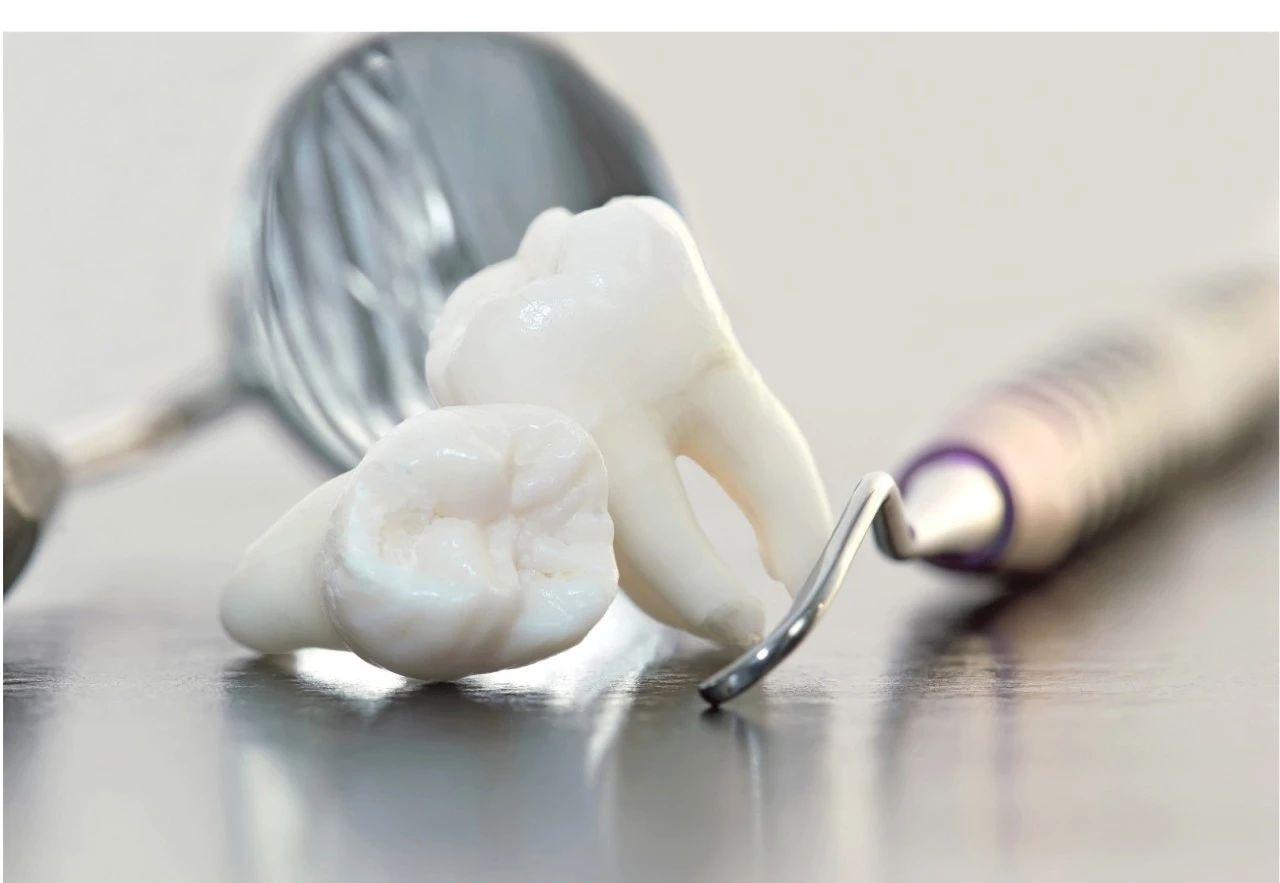How to Treat Chronic Migraine
2021-04-02

Migraines are not just simply bad headaches. They can be extremely debilitating, and when a migraine attack occurs, the sufferer usually has difficulty resuming normal activities and often has to retreat to bed to ride it out.
In addition to severe throbbing pain on one or both sides of the head, migraine sufferers may also experience nausea, vomiting, dizziness, visual auras (flashing colorful lights, lines or shadows) and tingling in the face, hands or feet. They can also be extremely sensitive to sound, touch, smells and bright lights during a migraine attack.
The constant stress of wondering when the next attack may occur and the lack of understanding from colleagues and loved ones can also take a toll. Migraineurs are also more likely to suffer from depression.
What causes migraine?

Doctors are not sure of the exact causes of migraine, but there is a genetic basis. If a close family member suffers from the condition, your chances of having migraine increases.
What is chronic migraine?
Most people who suffer migraines have migraine attacks that last for a few hours and happen every now and again, or at most once or twice a month. There are more than 10 types of migraine. Chronic migraine is one type of migraine. The unlucky 2% of the world’s population with chronic migraine suffers from headaches at least 15 days a month for more than 3 months and the attacks tend to last longer. This makes living a normal life very challenging.
How can I reduce the number of migraine attacks I have?

Each migraine sufferer has their own individual triggers, so keeping a journal to track activities and events during a migraine attack will help you to identify your triggers. Over time you can avoid them and reduce the number of attacks occurring. There are also free headache trackers and smartphone apps that can help you to keep track of your condition.
Common triggers include:
- Lack of sleep
- Caffeine
- Stress
- Changes in hormones during menstrual cycle, pregnancy and menopause
- Alcohol
- Skipping meals
- Birth control pills
- Changes in temperature, humidity and barometric pressure
When should I see a doctor?
There are countless patients who says, “I have migraine”, but they have other types of headache, such as tension-type headache, medication-over dose headache and even stroke. Once you should consult your doctor if:
- You experience a headache attack for the first time
- You have experienced migraines before but they have increased in severity or frequency
- The attack is severe and comes on suddenly, like a “clap of thunder”
Depending on the findings, your doctor may also recommend further investigation:
Common ones include:
- Blood tests to test for blood vessel problems and infections
- Computerized tomography (CT) scan or Magnetic resonance imaging (MRI) to create detailed cross-sectional images of the brain. This helps doctors diagnose tumors, infections, brain damage, bleeding in the brain and other possible medical problems that may be causing headaches
- Spinal tap (lumbar puncture) for suspected infections, bleeding in the brain
How will my migraine be treated?

Once migraine has been diagnosed, your doctor can determine treatments that can help stop symptoms and prevent future attacks.
Pain-relieving medications designed to stop symptoms once an attack begins.
- Common pain killers, aspirin, ibuprofen, naproxen, acetaminophen, etc.
- Triptans
- Antiemetics
- Peripheral nerve blocks, such as occipital nerve blocks, sphenopalatine ganglion block, for who has refractory to or have contraindications to standard migraine treatments
Therapeutic lifestyle measures for prevention
- Good sleep hygiene
- Routine meal schedules
- Regular aerobic exercise
- Managing migraine
Preventive medications usually prescribed for chronic migraine and taken regularly, often on a daily basis, to reduce the severity or frequency of attacks. These may include:
- Anti-hypertensives, anti-depressants, and anti-seizure medications even if you are not suffering from these conditions as such drugs have been seen to keep migraines at bay
- Botox injections
- CGRP antagonist, a new type of drug that blocks the action of calcitonin gene-related peptide (CGRP) are available in some countries
- Nonpharmacological therapies, such as acupuncture and psychological therapy
Your doctor will work with you to find out what medication is right for you so you can:
- Avoid potential side effects
- Ensure that what you are taking actually manages the pain
- Manage your tolerance for the medications prescribed on an ongoing basis.
- Dependence on migraine medications can actually cause headaches from overuse
Should I see a specialist?

If you use painkillers for your headache too frequently (>7 days per month), it may cause medication overuse headache. It usually, but not invariably, resolves after the overuse is stopped. If your symptoms are not well controlled using the medications prescribed by your primary care doctor, you should see any of the following specialists depending on the types of symptoms you have:
- A neurologist specially trained in treating headaches, including migraines
- An ophthalmologist if you experience temporary blindness during your migraine attacks
- A psychologist or psychiatrist if your migraines are triggered mostly by stress
- An “ear, nose and throat” (ENT) specialist if you experience sinus symptoms
- An obstetrician/gynecologist (OB/GYN) for hormone changes
- A pain-management specialist/migraine clinic if you have access to one and if your migraines are very severe and want to reduce dose amount of medication – here you will have access to the above specialists in one location
Don’t wait to seek help if:
- You have a “thunderclap” headache
- You can’t stop throwing up
- You lose part of your sight during a migraine
- Your headache lasts more than 72 hours
- You have any new symptoms
For more information or to make an appointment with one of our Specialists, please contact us at 400.819.6622.
Copyright: Health Plus an online health and wellness web resource developed by Parkway Singapore
References:
1. Migraines vs. Chronic Migraines. Retrieved 23 April 2019 from https://www.webmd.com/migraines-headaches/chronic-migraines-explained#1
2. What Is a Chronic Migraine? Retrieved 23 April 2019 from https://www.healthline.com/health/migraine/chronic#when-to-see-your-doctor
3. The stigma of chronic migraine. Retrieved 23 April 2019 from https://www.health.harvard.edu/blog/the-stigma-of-chronic-migraine-201301235828
4. Migraine. Retrieved 28 February 2020 from https://www.mayoclinic.org/diseases-conditions/migraine-headache/diagnosis-treatment/drc-20360207
5. Migraine treatment. Retrieved 28 February 2020 from https://www.healthline.com/health/migraine-doctors-for-migraine-headaches#treatment
6. Facts and figures, Key facts and figures about migraine. Retrieved 28 February 2020 from https://www.migrainetrust.org/about-migraine/migraine-what-is-it/facts-figures/





























